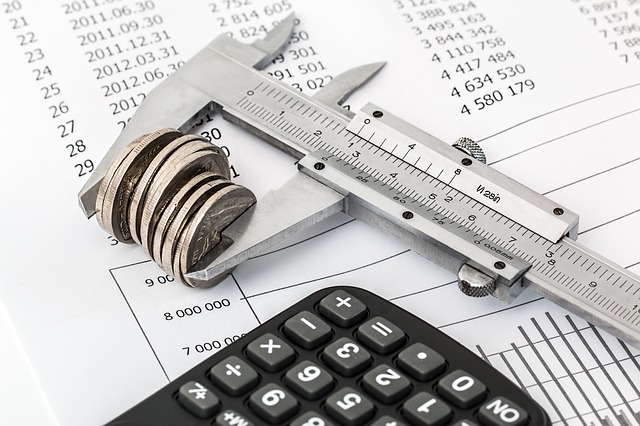Drowning in Debt? Here’s How to Get Out DIY Style in 2019
The average American household carries $135,769 in outstanding debt. At the same time, the median household income is $59,039.
These numbers suggest that Americans are living above our means and drowning in debt.
Of course, we all want to get out of debt. But it can be tough, especially if you don’t have a lot of extra money to put towards your debt.
So how can you get out of debt? The answer is simple. You just need a solid plan and the resolve to stick to it.
We want to help, so we’ve put together this do-it-yourself plan to get out of debt quicker than you might imagine. Read on to learn the exact steps you need to eliminate your debt, starting right now.
1. Determine How Much Debt You Have
The first item on your action list is to determine exactly how much debt you owe.
Write down all your debts, along with key information about each account including the following: names of your creditors, outstanding balances, interest rates, minimum monthly payments and contact numbers.
It’s also important to write down how much it would take each month to pay off each account in three years. You can find this number on your account statements.
At the end of this exercise, you’ll know exactly how much debt you have and what it would take to be debt free in three years.
2. Earn More Money to Pay Down Your Debt
Nothing destroys debt faster than more cash. If you want to aggressively pay off your debts in a short period of time, find out how to earn more money. It’s going to take hard work, but it’s a short-term sacrifice to achieve long-lasting freedom.
One of the easiest ways to create extra money is to get a second job. Even if you just work a couple shifts a week, you can earn enough to make a sizeable difference in your account balances.
Create a business doing something you love or start a lucrative side hustle. Many entrepreneurs start out small in their off-hours and eventually grow their businesses into full-time operations.
Of course, it’s always a good idea to seek extra money at your current job. Ask your manager for a promotion and a raise. Or seek a new job that will pay more.
3. Change Your Spending Behavior
Obviously, you have to spend less in order to create extra money to apply to your debt. To that end, it’s very important to create a household budget and stick to it.
But perhaps more importantly, you must identify and change the behaviors that got you in debt in the first place.
Is your home too expensive? Consider moving to a more affordable home and put the difference towards your debt.
You may even find it advantageous to move to another town where the cost of living is less. This one action alone can result in several hundred dollars a month in savings.
Contact a debt or credit counseling service if you want to learn more about managing debt and paying down your accounts responsibly.
4. Get Better Terms
Take a look at your list of creditors and call each lender. Ask each one for better interest rates while explaining that you are trying to address your outstanding debts. You might be surprised how many creditors will reduce your rates when you simply request it.
Research local credit unions and see if a consolidation loan would save you money. Transfer all your debts to a consolidation loan and make only one payment each month instead of several. Try this credit card and loan calculator to determine how much money you could save through consolidation.
See if you qualify for a balance transfer credit card. You can use this card to transfer balances from other credit cards and pay low-interest rates or even 0% interest. These are generally promotional rates good for an introductory period of time, typically 12 to 18 months.
Conclusion: Making Changes to Stop Drowning in Debt
When you’re drowning in debt, the natural tendency is to turn your head and not deal with the problem.
But it’s actually very empowering to create your plan and start attacking your outstanding debts. Each week you’ll notice your debt getting smaller and smaller. Many people admit to being “addicted” to checking their accounts balances. You’ll be thrilled to see your account balances slowly disappear and you’ll feel proud when you cross each one off your list.
If you like this article, please check out our seven easy steps to fix your credit and improve your credit score.


